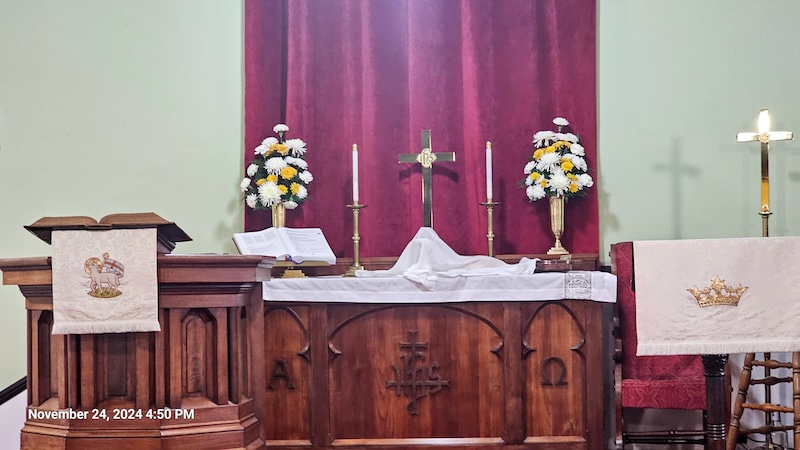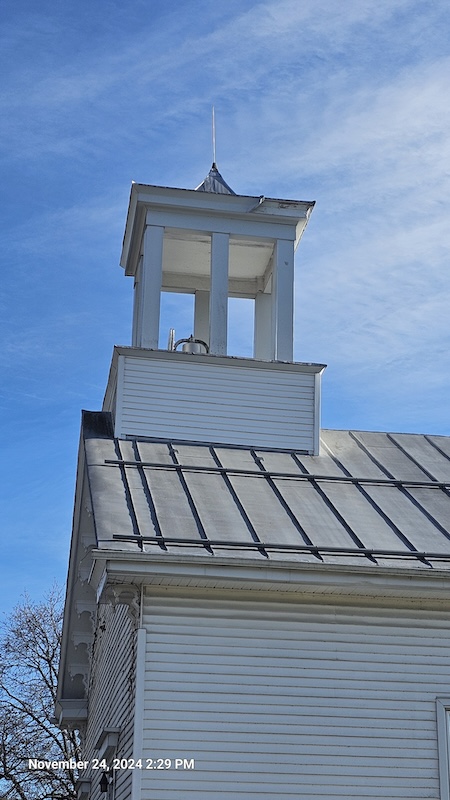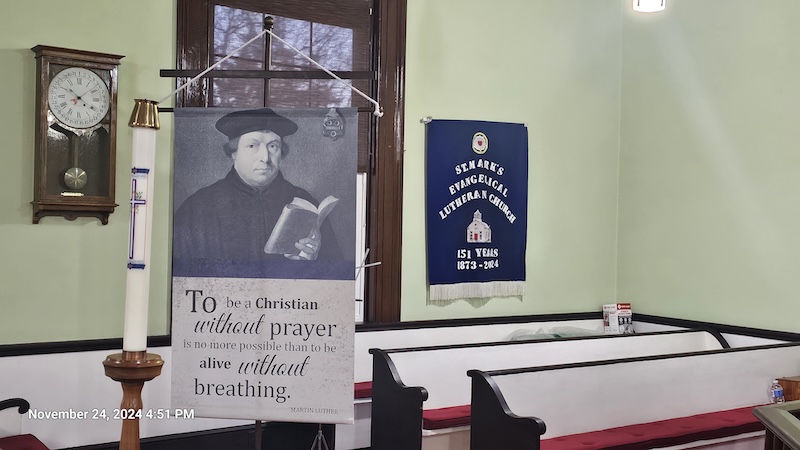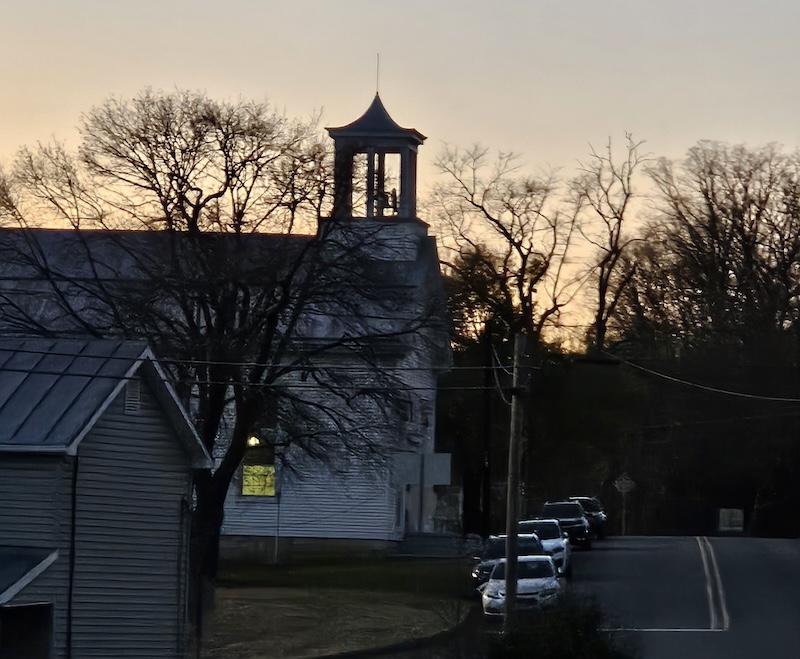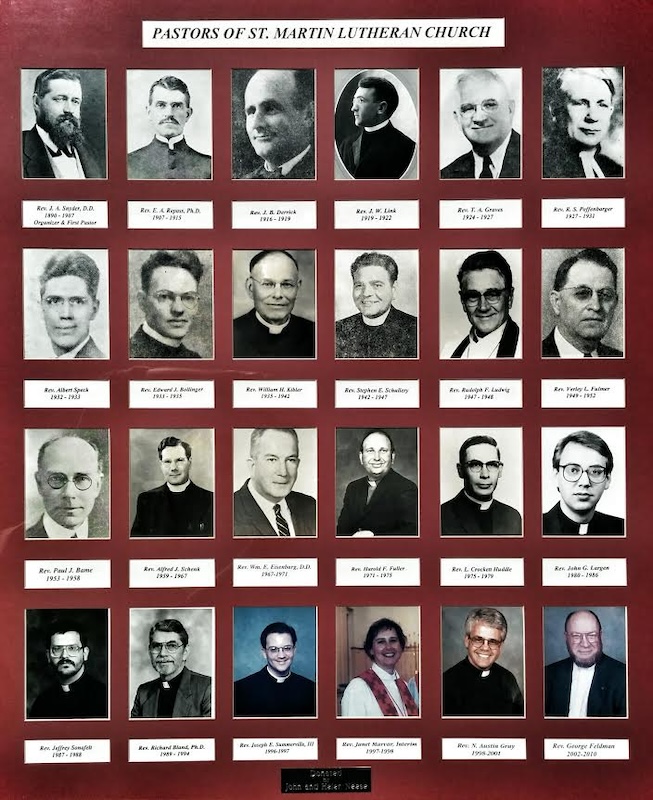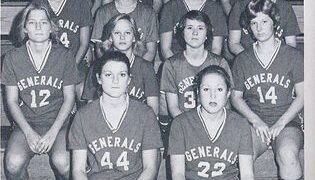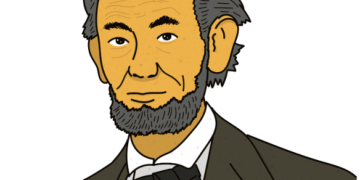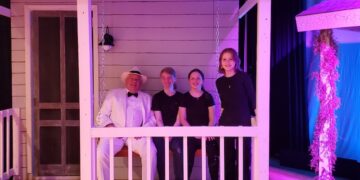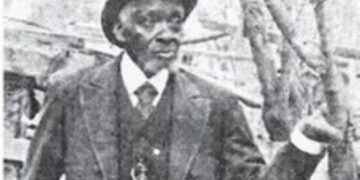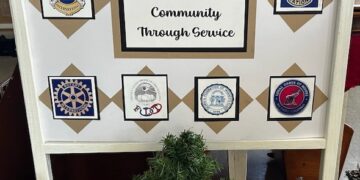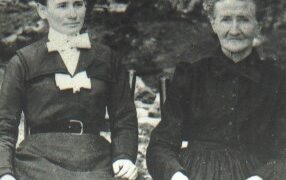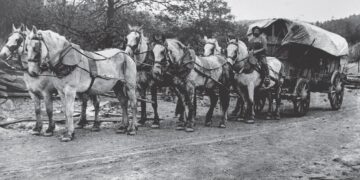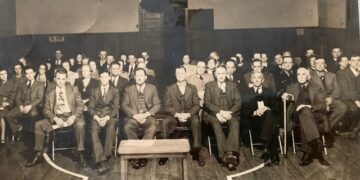On Sunday, November 24, 2024, St. Mark’s Evangelical Lutheran Church held a worship service in the church building for the last time. Pastor Larry Closter conducted the service, with former pastor the Reverend George Feldman preaching the sermon. Ranier Vidale was the organist for the closing event. Church Council President Kenny Knupp handed over the documented history and official records to Synod Representative, the Reverend John Wertz Jr., Assistant to the Bishop of the Virginia Synod of the ELCA, who then declared the Congregation “St. Mark’s Evangelical Lutheran Church” closed.
St. Mark’s Church has a long history, documented in History of St. Mark’s Evangelical Lutheran Church Forestville, Virginia, a mimeographed manuscript written in 1951 by Verley L. Fulmer. The Lutheran Church in Virginia: 1717 – 1962 written by William Edward Eisenberg, and copyrighted in 1967 by The Trustees of the Virginia Synod, Lutheran Church in America, in Roanoke, Virginia, references St. Mark’s in Quicksburg on four different pages. (There were almost 20 churches named St. Mark’s in the Virginia Synod, which included churches in West Virginia, which was part of Virginia until 1863, mentioned in Eisenberg’s book.) The history of St. Mark’s Church is also documented in Joseph Floyd Wine’s book Life Along Holman’s Creek, Carr Publishing Company, 1982. Wine cites the Fulmer manuscript in his notes and bibliography.
According to Wine, St. Mark’s Church began in 1873, organized by the Reverend J. A. Snyder for members from Solomon’s Church who began worshiping in Forestville, probably in the old Zirkle schoolhouse because of “doctrinal differences” with Solomon’s. Wine states that “…the Free Church and School (Town Hall) was built about 1850. Here they worshipped until St. Mark’s Church was built.” A service with a “large audience” was held at the Union Church on September 4, 1873, with Professor J. B. Davis, D. D., preaching. After the service and “a most sumptuous and elegant dinner” and collection of an offering of $120 for the building fund, the group went to the site of the new St. Mark’s Church and laid the cornerstone. The cornerstone had articles of church history deposited inside. The lot for the church was conveyed by Catherine Bowers.
Some of the names associated with the formation and building of the church were Noah Zirkle, William Whistler, Isaac Bowers, Nathaniel Foltz, Joseph Burkett, Lot Higgins, John F. Zirkle, and J. B. Dingledine. The frame for the new church building measuring 35 x 40 feet was “raised” in October 1873, by Samuel Hupp, “a widely known and esteemed carpenter.” The completed building was dedicated on August 9, 1874, with the Reverend J. F. Campbell of Stephens City speaking.
The Congregation of St. Mark’s was originally connected with the New Market Parish (St. Matthew’s in New Market, St. Martin’s at Maures Mill, and St. Marks.) In 1934, St. Mark’s joined St. Martin’s and Mt. Zion to form the Quicksburg Parish. Electric lights were also installed in the church on June 7, 1934.
On January 1, 1989, Mt. Zion left the Quicksburg Parish. St. Mark’s and St. Martin (which dropped the
‘s at some point) continued in the Quicksburg Parish together until after the pandemic, when each church got their own pastor. Pastor George Feldman, who was the pastor for both churches in the Quicksburg Parish from 2002 through 2010, is now the pastor at St. Martin.
A “Pastor’s Report” from the “New Market Pastorate” from 1910, reprinted in the special booklet compiled by Dottie Myers of St. Mark’s, contained the following statement: “A few of the discouraging features of our work. I note for your thought and prayer. Some who are members of our churches do not and will not go to church or support the Gospel….” Many churches are closing due to lack of members to support them; this problem seems to have been a factor throughout church history.
The poignant words spoken by the Reverend Wertz on November 24 as part of the closing remind the community of the good that happened by faithful members over the past century and a half: “With thanks to God for the work accomplished in this place…. May the witness of the people who have ministered in the name of Jesus Christ through St. Mark’s Evangelical Lutheran Church be undiminished and continue as they leave this place.”
